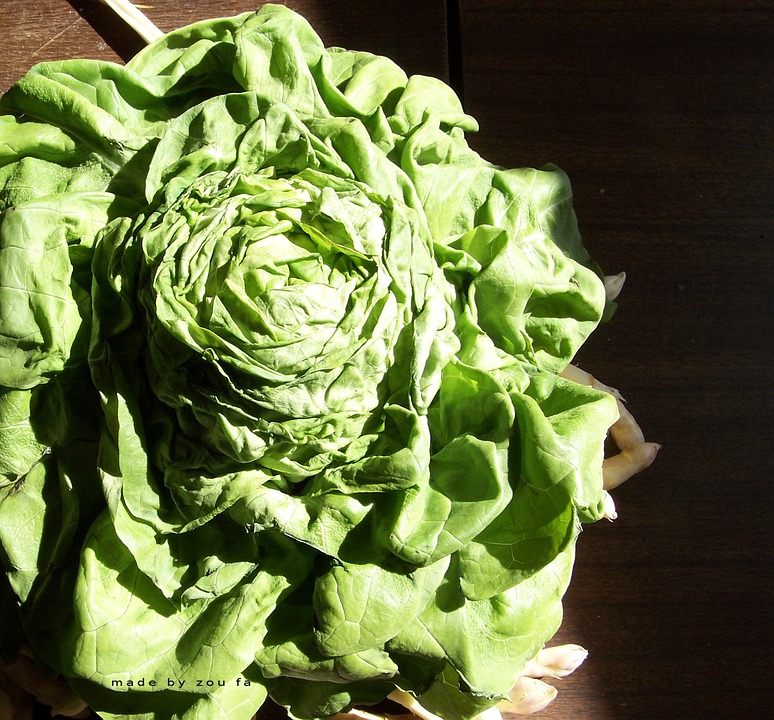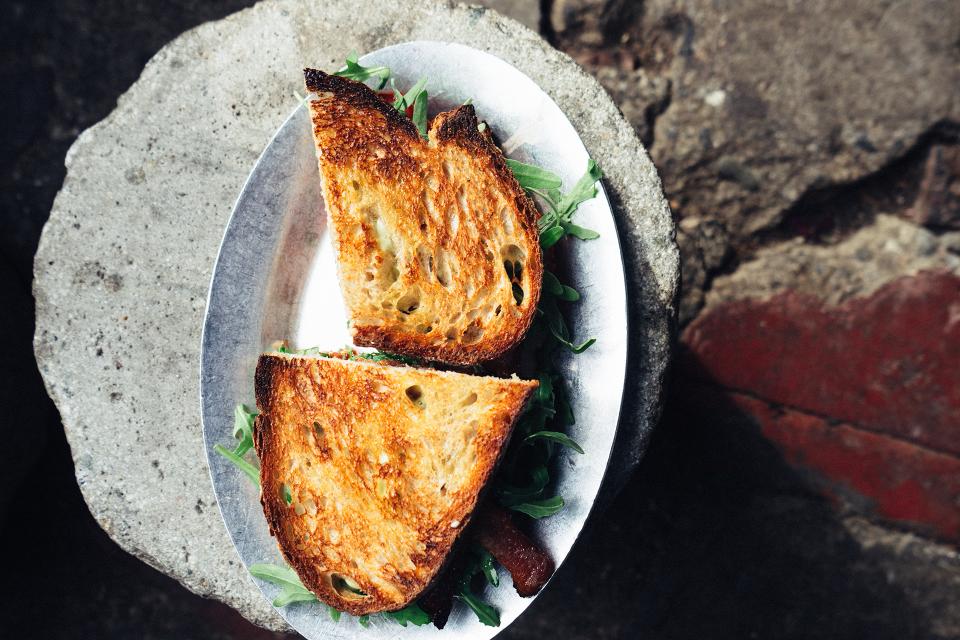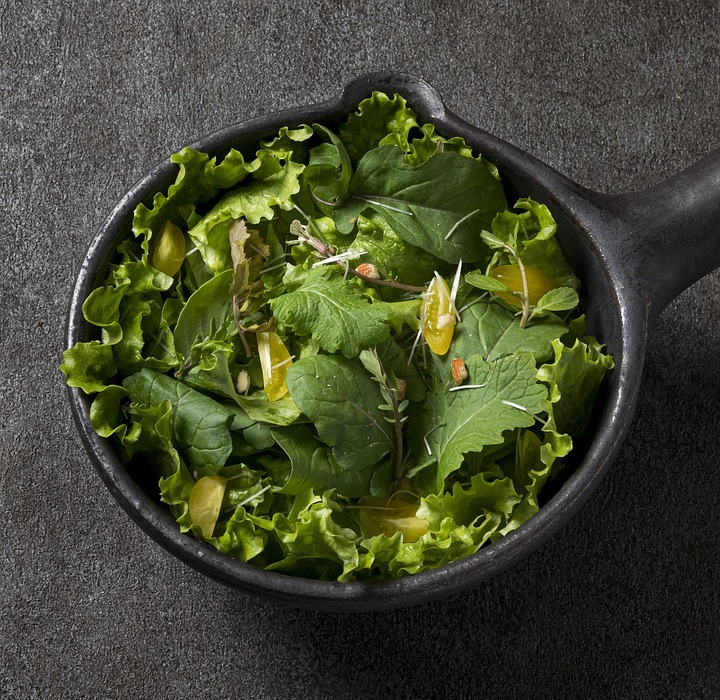This article delves into the complex world of feline nutrition, focusing on the safety and potential benefits of lettuce for cats. We'll explore the intricate nutritional needs of felines, the composition of lettuce, and the potential risks and rewards of incorporating this leafy green into your cat's diet. We'll also address common questions regarding feline diet, providing clear answers based on veterinary expertise.
Part 1: Unveiling the Unique Needs of Feline Nutrition

1.1 The Obligate Carnivore: A Dietary Blueprint
Cats are classified as obligate carnivores, meaning their bodies are uniquely adapted to thrive on a diet primarily composed of animal-based protein. This evolutionary adaptation has shaped their digestive system and metabolic processes, requiring specific nutrients found abundantly in meat.
1.2 Essential Nutrients: Building Blocks of Feline Health
A balanced feline diet should be rich in:
- Protein: Cats need high-quality protein for building and repairing tissues, producing enzymes, hormones, and antibodies. Muscle mass, organ function, and even skin and coat health rely heavily on protein.
- Fat: Fat is a vital energy source for cats, contributing to optimal organ function, and aiding in the absorption of fat-soluble vitamins (A, D, E, and K).
- Taurine: This amino acid is crucial for heart health, vision, and reproductive function. It is found primarily in animal sources and is not readily produced by the feline body.
- Arachidonic Acid: This fatty acid, essential for brain development and immune function, is found in meat and cannot be synthesized by cats.
- Vitamins and Minerals: A range of vitamins (A, B complex, D, E, K) and minerals (calcium, phosphorus, potassium, magnesium) are vital for a multitude of bodily functions, from vision to bone health and immune response.
1.3 The Challenges of Homemade Diets
While crafting a homemade diet for your cat might seem appealing, it can be extremely challenging to ensure it meets all their complex nutritional needs. A lack of specific nutrients, such as taurine or arachidonic acid, can lead to serious health complications. Furthermore, ensuring the correct balance of minerals and vitamins can be extremely difficult without specialized knowledge and testing.
1.4 Commercial Cat Food: A Practical and Balanced Option
Commercial cat food, whether dry (kibble), wet (canned), or a combination, offers a convenient and generally safe option for feeding your cat. These foods are formulated by veterinary nutritionists and undergo rigorous testing to ensure they meet the specific nutritional requirements of cats.
Part 2: Deconstructing Lettuce: Nutritional Content and Potential Benefits

2.1 A Green Abundance: Lettuce Composition
Lettuce is a leafy green vegetable known for its high water content, dietary fibre, and a selection of vitamins and minerals. Some key nutrients found in lettuce include:
- Vitamin K: Essential for blood clotting and bone health.
- Vitamin A: Supports vision, immune function, and cell growth.
- Folate: Crucial for cell division, DNA synthesis, and red blood cell production.
- Potassium: A key electrolyte involved in muscle contraction, nerve function, and fluid balance.
2.2 Potential Benefits of Lettuce for Cats
While lettuce is not a core component of a feline diet, there are some potential benefits to offering it in moderation:
- Hydration: The high water content in lettuce can contribute to hydration, particularly important for cats prone to dehydration.
- Digestive Support: The fibre in lettuce can aid digestion, potentially promoting regularity in bowel movements.
- Antioxidant Support: Lettuce contains antioxidants that may help protect cells from damage, contributing to overall health.
Part 3: Navigating the Risks: Lettuce and Feline Health

3.1 Limited Nutritional Value: The Missing Link
While lettuce provides some nutrients, it lacks the essential components that are crucial for a cat's health. These include high-quality protein, taurine, arachidonic acid, and the correct balance of fat and other vital minerals.
3.2 Potential Gastrointestinal Upset
The high fibre content in lettuce, while beneficial in moderation, can cause digestive discomfort in some cats. This can manifest as diarrhoea, vomiting, or abdominal pain.
3.3 Pesticide and Herbicide Concerns
Lettuce, like all produce, can be contaminated with pesticides and herbicides. These chemicals can be harmful to cats, potentially leading to various health issues.
3.4 The Importance of Moderation
Offering lettuce in moderation is crucial. Excessive consumption can lead to nutritional imbalances, digestive upset, and potential toxicity from pesticide residue.
Part 4: A Holistic Approach: Alternatives to Lettuce for Cats
4.1 Safe and Nutritious Treats: A Balanced Approach
When seeking treats for your cat, focus on options designed specifically for their needs. These treats offer a safe and palatable way to provide additional enrichment and rewards.
4.2 Protein-Rich Options: Meeting Feline Needs
Consider these safe and healthy protein-rich treats for your cat:
- Cooked Chicken or Fish: Small pieces of cooked, boneless chicken or fish can be a nutritious and enjoyable treat.
- Hard-Boiled Eggs: A hard-boiled egg, without the shell, can provide a boost of protein and other essential nutrients.
- Commercial Cat Treats: A wide variety of commercial cat treats are available, offering a range of flavors and textures to appeal to your feline companion.
4.3 Always Consult Your Veterinarian
Before incorporating any new foods or treats into your cat's diet, it's essential to consult your veterinarian. They can provide personalized recommendations based on your cat's age, breed, health status, and any dietary sensitivities or allergies.
Part 5: Addressing Common Questions: A Comprehensive Guide
5.1 Can cats eat lettuce with their food?
While some cats might enjoy the taste of lettuce, it's not recommended to mix it with their regular food. A balanced commercial cat food should provide all the necessary nutrients your cat needs.
5.2 What are the signs of a cat food allergy?
Common signs of a food allergy in cats include:
- Itchy skin
- Hair loss
- Vomiting
- Diarrhoea
- Ear infections
If you suspect your cat has a food allergy, it's crucial to consult your veterinarian for diagnosis and appropriate treatment options.
5.3 How can I tell if my cat is getting enough water?
Cats typically get most of their water from their food, but they also need access to fresh, clean water. Signs of dehydration in cats include:
- Decreased urination
- Dry nose
- Sunken eyes
- Lethargic behaviour
If you notice these signs, contact your vet to ensure your cat is properly hydrated.
5.4 What are the best foods to give my cat?
The optimal food for your cat depends on their individual needs and preferences. Consulting your veterinarian is the best way to receive tailored recommendations based on your cat's age, breed, health condition, and lifestyle.
5.5 How much should I feed my cat?
Feeding guidelines are typically provided on cat food packaging. However, your veterinarian can provide more specific recommendations based on your cat's weight, activity level, and individual needs.
5.6 What are the signs of a cat with a urinary tract infection?
Signs of a urinary tract infection (UTI) in cats include:
- Frequent urination
- Straining to urinate
- Blood in the urine
- Accidents outside the litter box
If you notice any of these signs, contact your veterinarian immediately for diagnosis and treatment.
In conclusion, while lettuce may offer some potential benefits for cats, it is not a necessary part of their diet and can even pose certain risks. A balanced commercial cat food provides all the vital nutrients your feline friend needs. If you choose to offer lettuce as an occasional treat, do so in moderation and ensure it is fresh and clean. Always consult your vet for personalized guidance on your cat's diet and overall health.
Everyone is watching
-

Are Cat Ribs Flexible? Understanding Their Anatomy
CATS & KITTENSThis article delves into the fascinating world of feline anatomy, exploring the flexibility of cat ribs and ho...
-

Can Cats Eat Bananas? (Everything You Need to Know)
CATS & KITTENSThis article dives into the intriguing question of whether cats can safely enjoy the sweet, yellow fruit, bana...
-

Cat Lifespan: How Long Do Cats Live?
CATS & KITTENSThis comprehensive guide explores the factors influencing the lifespan of our feline companions, providing ins...
-

Can Cats Get COVID-19? What You Need to Know
CATS & KITTENSThis article will delve into the fascinating world of feline COVID-19 susceptibility. We'll explore whether ca...
-

Can Cats Eat Eggs? A Complete Guide to Egg Safety for Your Feline Friend
CATS & KITTENSWhen it comes to treating our furry companions, we all want to ensure we're doing what's best for them. Eggs...
